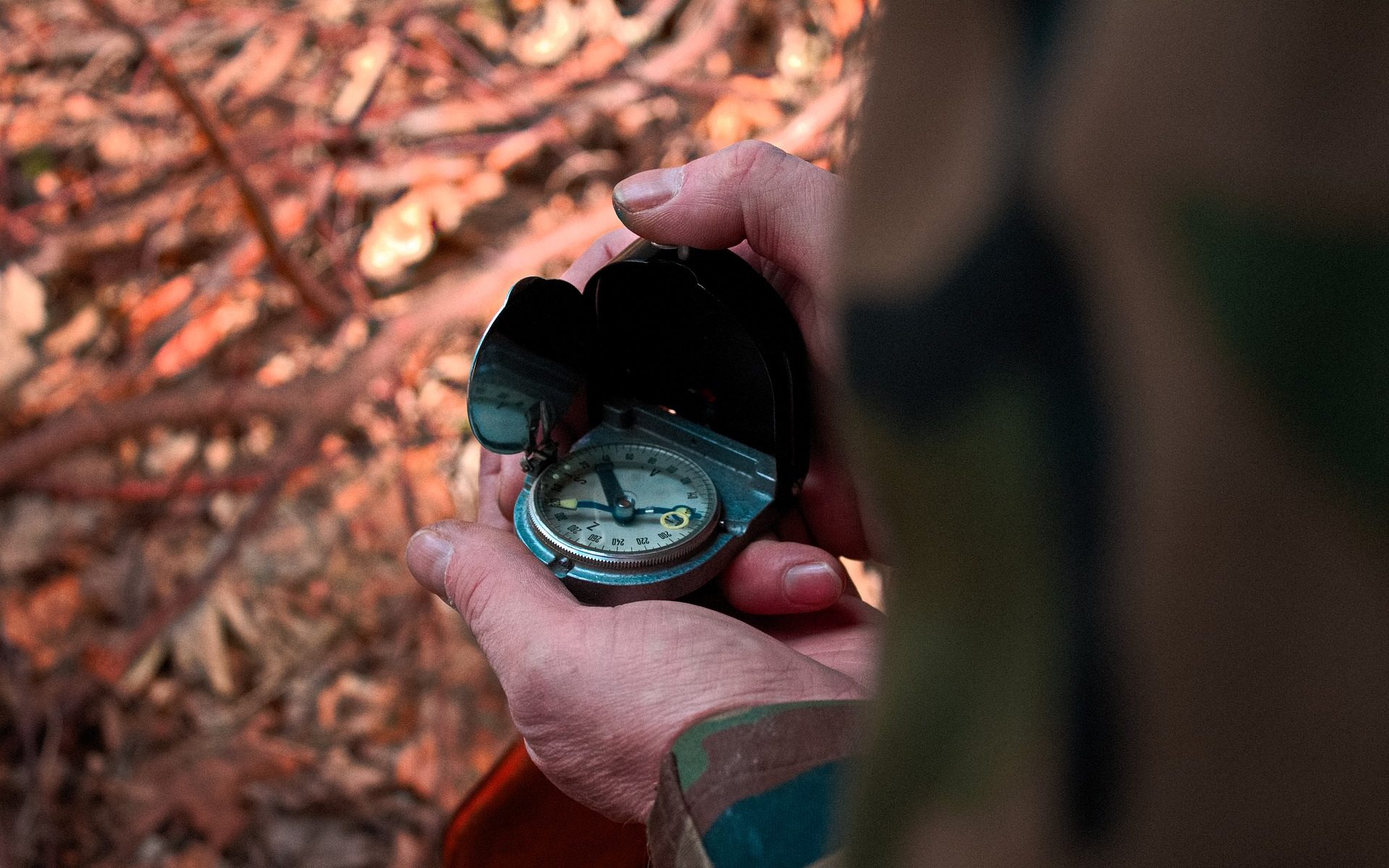The completion of a residency program represents the culmination of well more than a decade of arduous and even tortuous intellectual, physical and emotional effort. You have finally earned and can safely experience that long-awaited sigh of relief. You made it. The demands, commands, obstacles, grades, ratings, competency logs and grandiose attending physicians are behind you. You are finally liberated from the educational system and bureaucracy that has enslaved you for so many years! It is your time to shine. It is your turn to show off your freshly acquired knowledge base and technical skills. No higher numeral PGY resident can steal your great case. Those patients – they are all yours!
Yup, they are all yours. The good, the bad and the ugly. The happy and grateful patients. The unhappy and demanding patients. The skeptical patients. The “my daughter is a doctor” and the “I read on the internet” patients. The “I want my money back” patients. The, “I’m going to sue you” patients. Oh, and let’s not forget your medical assistant, office manager, front desk staff, medical director, CEO, COO and medical colleagues. Oops, and your family, significant others and friends.
Figuratively, this real-time interactive collage of faces and faceless individuals constitute your daily and ever-changing interactive emotional roller coaster ride.
Quite a bit to handle, huh?
Individually and collectively, they are likely to elicit quite a few uncomfortable feelings. Emotions such as tension, anxiety, embarrassment, fear, terror, inadequacy, stupidity, anger and despair. Not what you expected when embarking on the pre-med path. And certainly not “what the doctor ordered” when arriving at the destination. You need not let this harsh reality taint the deserved euphoria you expected to accompany your “educational deliverance” as you enter clinical practice.
Thankfully, these negative feelings and emotions are balanced by feelings of happiness, excitement, exhilaration, triumph, conquest, euphoria, satisfaction and pride. The intellectual and emotional satisfaction of a great diagnosis, excellent clinical-surgical result, positive KOH, or incision and drainage of an inflamed purulent cyst all bring pride, fun and satisfaction. The obvious relief and euphoria evident on the face of a follow-up biopsy. Which proved to be a benign nevus rather than the melanoma feared by the patient. The gratitude and relief of the asteatotic eczema patient who returns after three weeks of triamcinolone relieved of both his itch and the associated fear of cancer or infestation associated with it. These are but a minute sampling of the litany of good deeds and life-changing effects of our day-to-day clinical practice.
However, I wish someone had told me that each and every day of our professional practice would be a ridiculously erratic and sometimes chaotic array of tension, anxiety, fear, anger and despair intermixed with feelings of inadequacy, stupidity, excitement, embarrassment, conquest, triumph, victory, euphoria, satisfaction and pride.
Let’s be specific.
Tension and anxiety are the free-floating, uncomfortable, disquieting and sympathetically activating sensations that often occur in the absence of identifiable eliciting events. The inability to “link” these unpleasant, uncomfortable and sometimes debilitating experiences to identifiable external life events can make them particularly troublesome. Fear is feeling terrified when you can see the hungry tiger. In contrast, anxiety and tension are similar reactions when you can’t find the tiger. This can lead to a state of distractibility and hyper vigilance.
Fear, anger and despair occur more commonly in response to real-time or anticipated events. Intensity and intrusiveness vary, sometimes predictably by the gravity of the situation. And other times, ridiculously out of proportion to the seriousness of the situation. And, so is the nature of all of us!
Feelings of inadequacy and stupidity “come with the territory.” Physicians are high driving, high striving individuals accustomed to achieving command and mastery of subject matter and situations. Unfortunately, medicine can be a cruel master leaving us in doubt or even clueless regarding diagnosis and etiology of presenting symptoms. Learning to manage the inevitable resultant feelings of self-doubt and self-depreciation is key to proceeding through the clinical day and the clinical years.
So, we are ever thirsty for the balance. Hunger for the morsel of food, the Pavlovian treat that keeps us going. They are ever present. The objective great diagnosis, objective fine clinical outcome. Subjective knowledge that we “did good” and made a difference in another human being’s life. Any and all of these can culminate in feelings of excitement, embarrassment, conquest, triumph, victory, euphoria, satisfaction and pride.
I wish someone had told me about the ongoing duality of joy and misery. I wish I had known that it gets easier and harder at the peaks and valleys of medical practice and life. I wish I had known that it is the intensity of the joy and the angst of the misery that fill our treasure chest of experiences, memories, stories and meaning.
Clinical practice devoid of this duality of emotion – the yin and yang – would be little more than a daily drone of monotony.
On a fairly regular basis, remind yourself to take a fresh look at the skin and human being before you. Inhale deeply and slowly episodically throughout the day allowing yourself to savor the special moments. Try your best to believe that the difficult, stressful and painful experience will ultimately add richness and perspective to your personal and professional lives.

